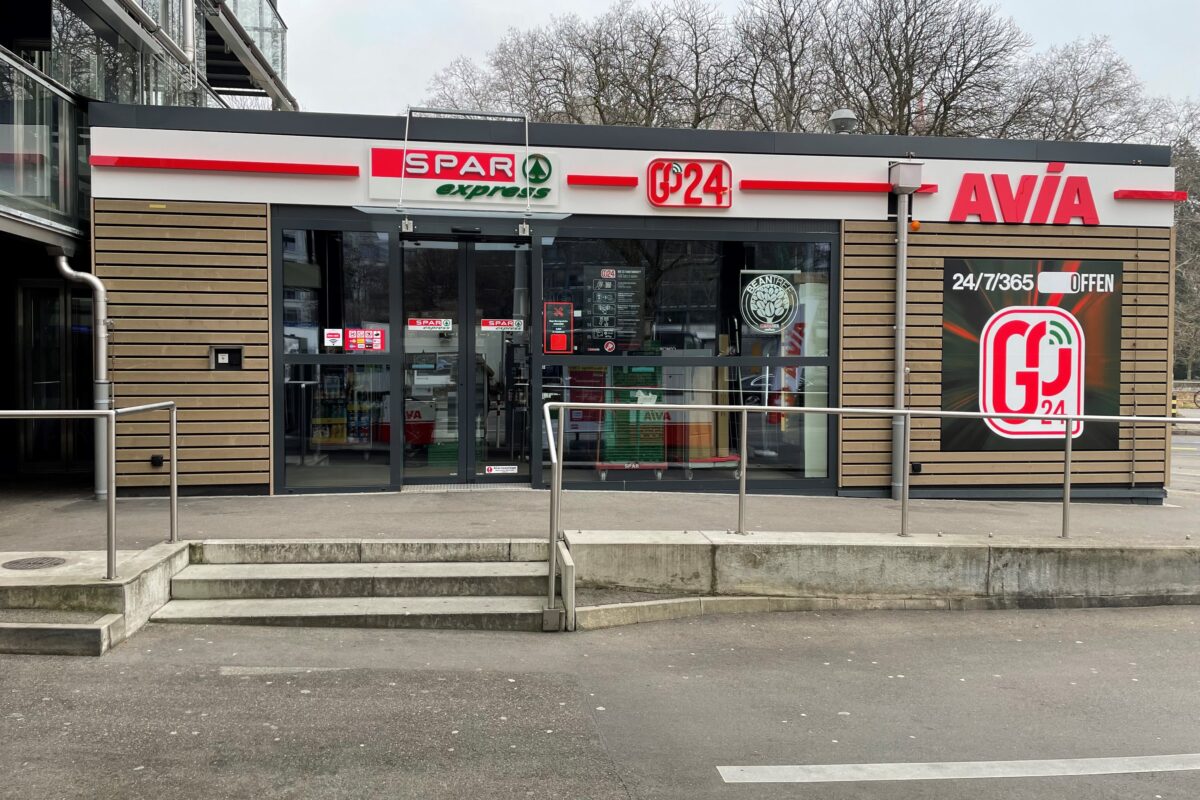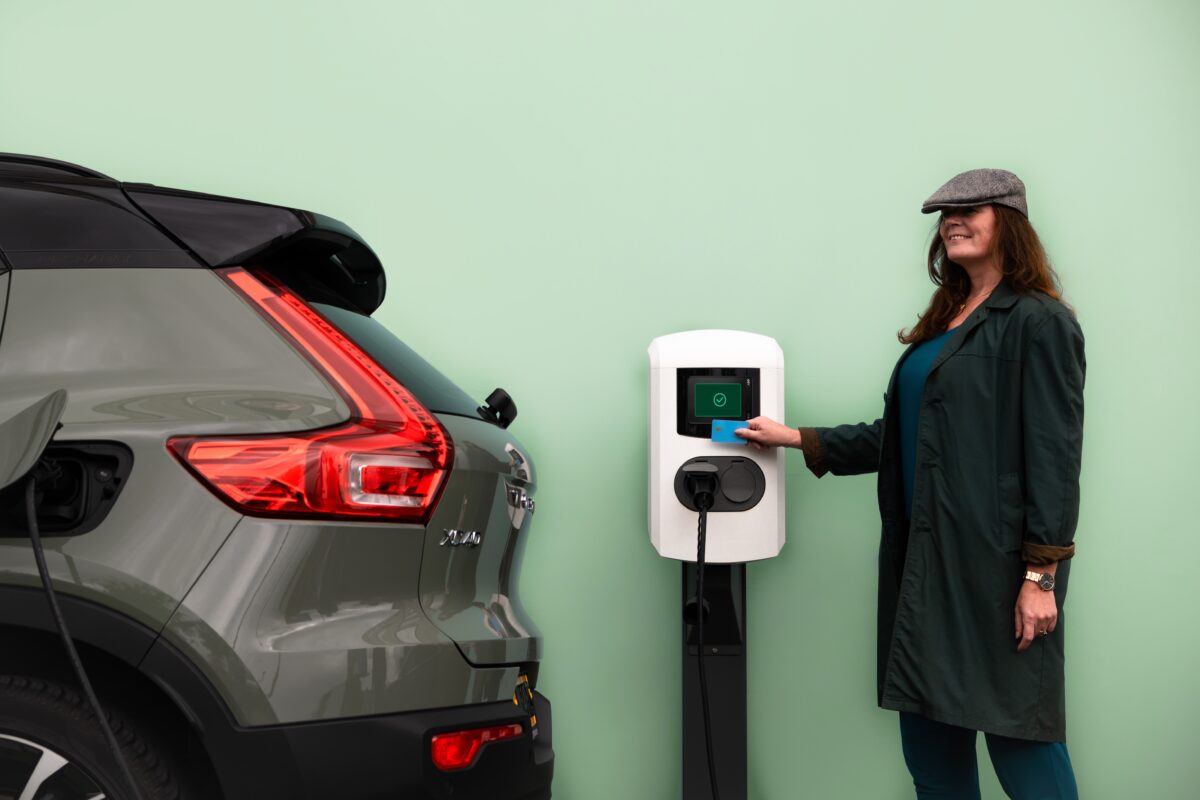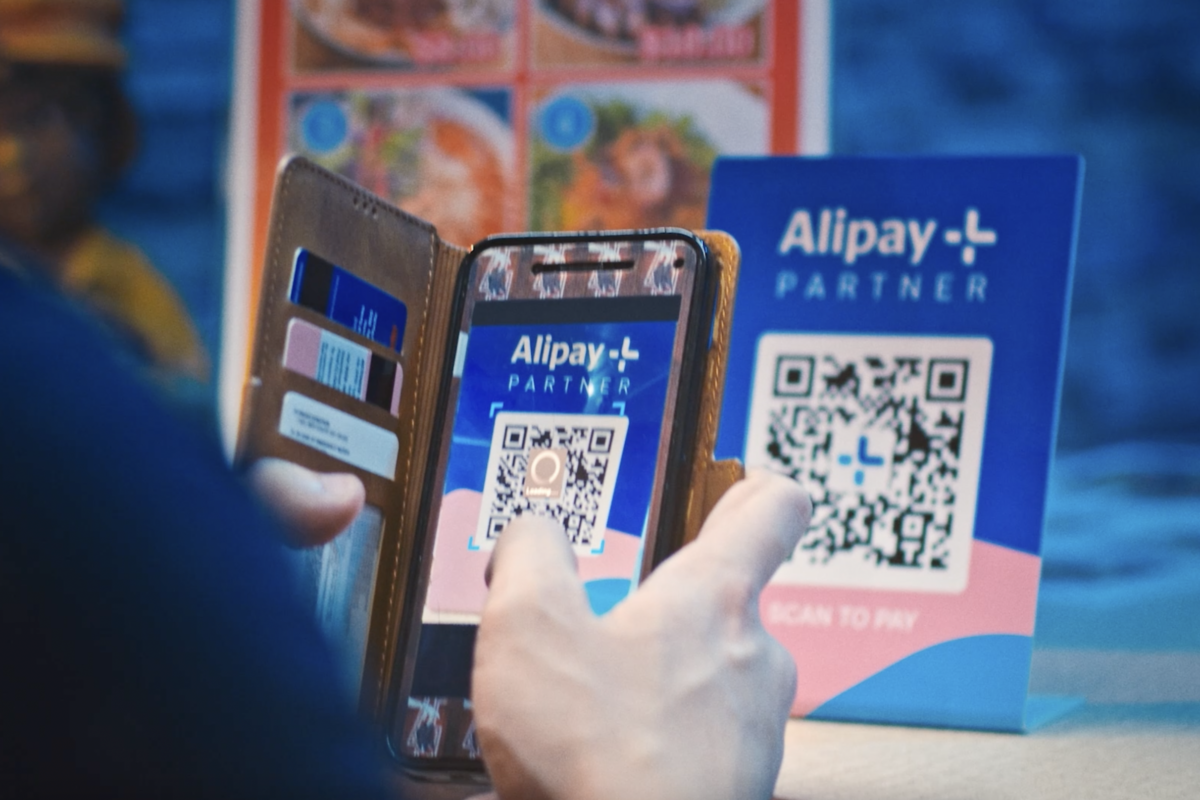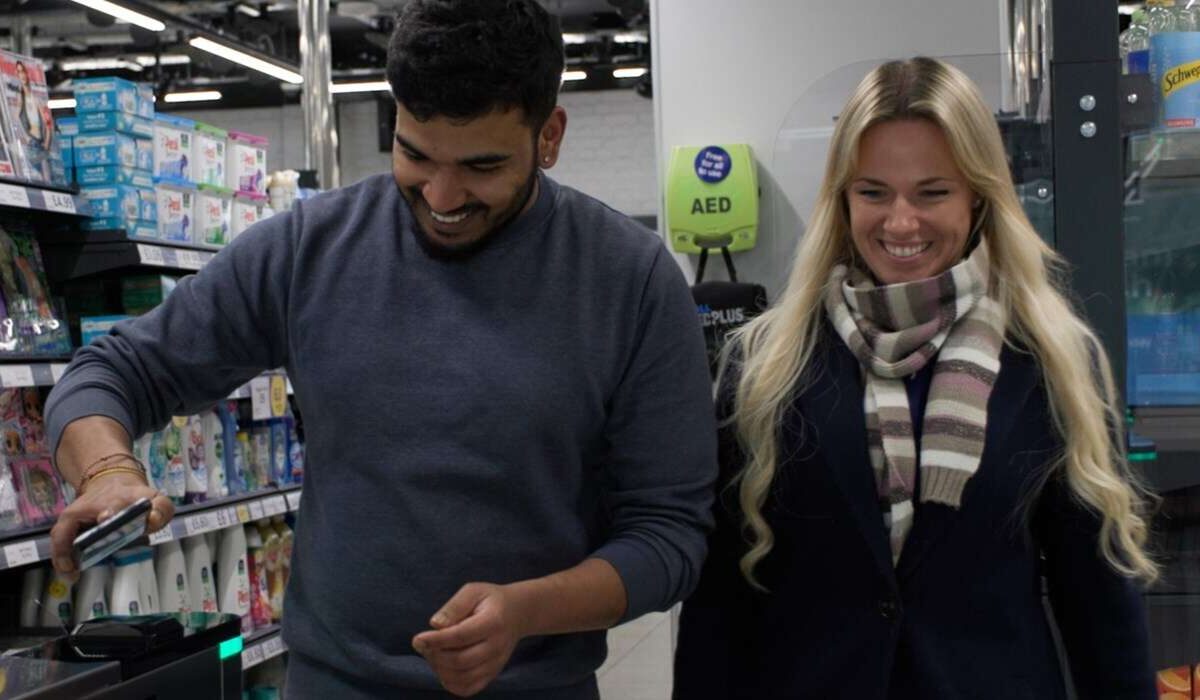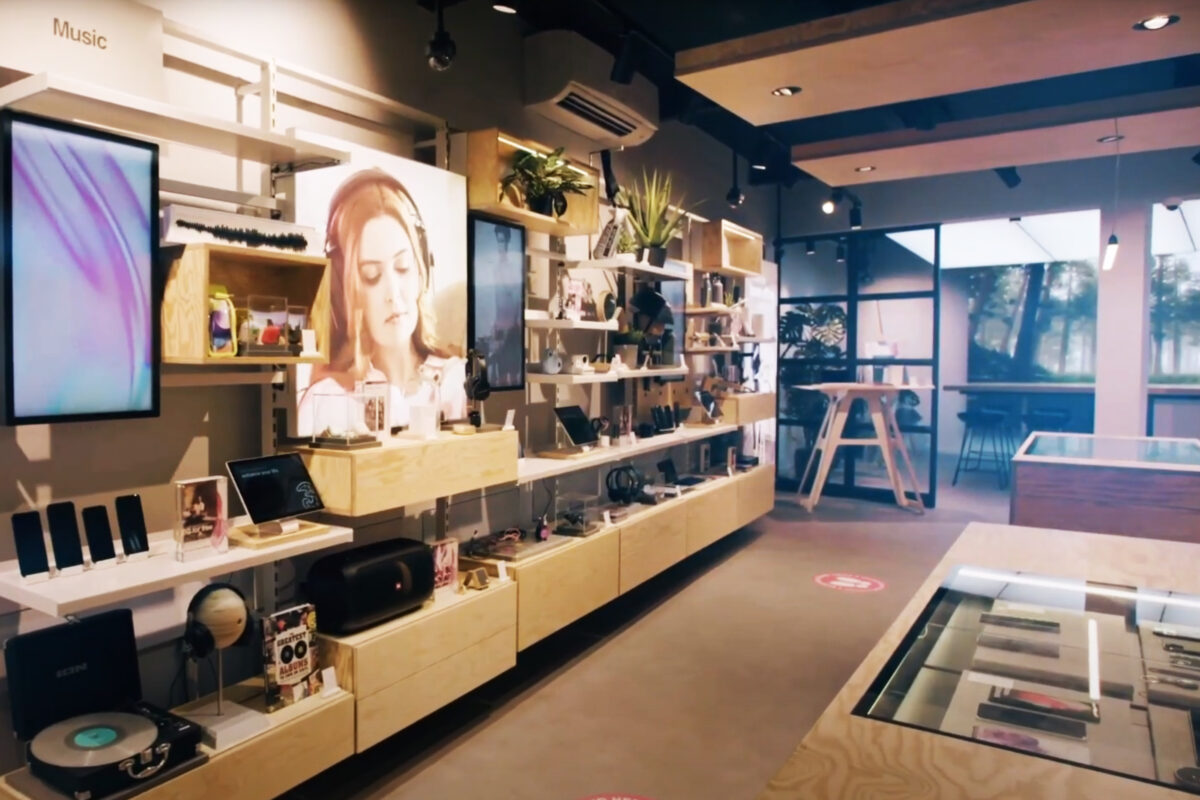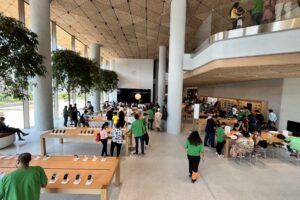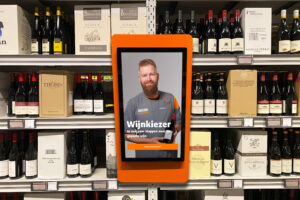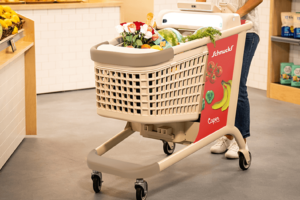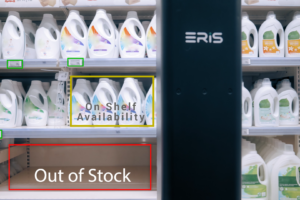“Mobile-first” or the future of the Point of Sale
The classic Point of Sale means physical sales areas including a terminal, cash systems and queues. But this traditional image is changing. Nowadays many customers in brick-and-mortar retail outlets expect the same experience as online and require convenience, speed and product availability. The Munich-based company rapitag is keen to satisfy these expectations and offers a mobile self-checkout solution including security tag removal.
In an interview the company’s CEO and founder Alexander Schneider discusses security, the advantages of IoT technologies and what will be essential for retailers in the future.
Mr Schneider, what does a POS system need to be able to do today?

©rapitag
Alexander Schneider: Good POS systems must rise to the challenges posed by the change in consumer behaviour and satisfying current industry standards – and interlink online and offline. They must put the customer centre stage and be developed into mobile POS terminals, with the assistance of IoT technologies, for example, and make easy mobile payment and the benefits of online shopping available in brick-and-mortar retail outlets too. The highest security standards are required for POS systems to reduce the high theft rate. Securely networking and digitalising physical stores will be the main requirement that retailers have of POS systems in the future.
More and more retailers are focusing on mobile or hybrid POS terminals or IoT technologies. What specific advantages do these solutions offer the retailer?
For retailers, the key advantage of mobile POS terminals is that they increase customer satisfaction through simple mobile payment options, thus increasing long-term customer loyalty. By dispensing with classic terminals retailers can also expand sales areas and make cost savings. The use of IoT technologies such as those we are working on at rapitag deliver further benefits through the efficient interlinking of online and offline customer journeys.
This enables retailers to obtain valuable real customer data. And by analysing this data they are able to approach customers in a targeted manner, while it also provides an important foundation for business and marketing decisions. Retailers improve their service quality and achieve bespoke omnichannel shopping experiences. And through the use of smart technologies they also improve their sales, further reduce costs and make their business success measurable.
In addition to the right hardware – which operating system do you think is best suited for professional use in the retail sector?
The technological trend is away from the staffed checkout as the central point of sale to self-checkout terminals. For retailers it is essential to first invest in a solid technical foundation: lots of ERP and merchandise management systems are antiquated, checkouts run on Linux and there is no link to the online store. That’s why at rapitag we are pursuing the approach of an integration via standardised APIs. It isn’t possible to generalise about the most appropriate system for individual retailers. This depends on the individual requirements, business models and customer groups of the retailers in question.
What else is happening with the POS?
As I said: the trend is towards “mobile-first”. Mobile POS systems or mobile self-checkout technologies are increasingly moving centre stage as they best satisfy customer requirements and deliver competitive advantages for retailers. As most of the solutions currently available on the market fail when trialled due to the massive rise in theft rates, security standards will play a key role in future. We are responding to this problem with the world’s most successful IoT anti-theft device.
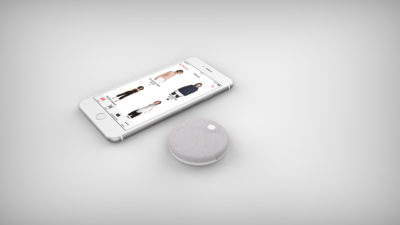
Shaping the future of retail: rapitag wants to bring solution-oriented products and features to the market. // ©rapitag
IoT technologies are becoming increasingly popular in general as they offer further advantages compared with mobile systems. IoT solutions make it possible to network individual products and to link several POS. In addition, products themselves are increasingly becoming the POS. In conjunction with networked customers this trend towards networked products has huge potential and opens up completely new opportunities for retailers and consumers.
What are your plans for the future?
Since it was established in 2016 rapitag has grown rapidly and become established as a leading technology supplier and the partner of international retailers. We are currently moving into the American market and are implementing further Future Stores worldwide. In addition, we are optimising our security tags for various fields, from the fashion industry to the food retail sector.
The purchasing behaviour of consumers will change further. And we will optimise and further develop our products accordingly. We will continue to pursue our trailblazing vision for actively shaping the future of retail in tandem with strong partners such as SAP and Microsoft and to work on solution-oriented new features and products which best meet the changing needs of our customers and transform the retail industry.
Give us a sneak preview: What will you be showcasing at EuroShop?
At EuroShop retailers will be able to experience live our rapitag devices with built-in ESL displays which enable dynamic pricing like in online stores. This feature as a further development of the smart shelf towards the smart product is further driving automation and digitalisation in the retail sector and enhancing customer experience.
Interview: Katja Laska
First published at iXtenso – Magazine for Retailers






